
Peptides are short chains of amino acids, which are the building blocks of proteins. They act the molecular messengers that orchestrate chemical processes within human bodies.
(Sources are at the end of the article)
Comprised of various amino acid combinations, peptides come in different sizes and structures. Each with its own unique role and function. These microscopic powerhouses regulate bodily functions, transmit signals, and influence cellular activities.
Peptides have made significant strides in medical treatment in recent years. Their precise targeting ability makes them valuable for designing specific therapies with enhanced efficacy and reduced side effects.
Peptides are used to treat a diverse range of conditions, such as diabetes, by acting as substitutes for deficient hormones like insulin. Specific peptides exhibit antimicrobial properties, which helps them fight against infectious diseases. Researchers are also exploring utilizing peptide-based treatments for various cancers, cardiovascular disorders, and neurodegenerative conditions.
Peptides have surged into the spotlight recently for their potential role in weight loss. Celebrities such as Elon Musk are heralding their benefits. Some peptides, like peptide YY (PYY) and glucagon-like peptide-1 (GLP-1), influence appetite and satiety. Researchers’ goal when developing peptides for weight loss is to mimic or enhance the actions of these peptides. This allows them to develop treatments that regulate hunger and promote feelings of fullness.
This can assist individuals in managing their food intake and achieving weight loss goals. It is important to note, however, that peptide-based weight loss interventions should be approached with caution. Individuals’ responses may vary and one should always seek professional guidance for safe and effective use.
Peptides have also piqued interest in the realm of physical performance. Growth hormone-releasing peptides (GHRPs), for example, have been studied for their potential to enhance muscle growth, recovery, and strength.
These peptides stimulate the release of growth hormone, facilitating muscle development and aiding in tissue repair. Other peptides, such as erythropoietin (EPO) analogs, have been investigated for their potential to enhance oxygen-carrying capacity, leading to improved endurance performance.
It is important to note that the use of performance-enhancing substances, including peptides, raises ethical considerations and may carry associated risks. Any use of such substances should be done under professional guidance and within the boundaries of legal and ethical frameworks.
Peptides are incredibly complicated, multifaceted molecules that are revolutionizing medical treatment, weight loss strategies, and physical performance enhancement.
Solutions are being developed in multiple arenas. From precision medicine to appetite regulation and muscle development, their potential is incredible. We believe that further research can unlock their full benefits, shaping a healthier future for individuals worldwide.
Sources:
Research and prospect of peptides for use in obesity treatment (Review)
Therapeutic peptides: current applications and future directions
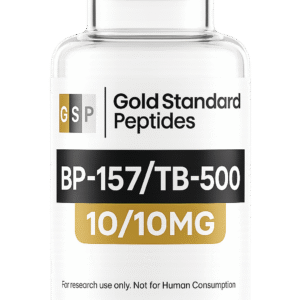 BPC-157 / TB-500 (blend)
$119.97
BPC-157 / TB-500 (blend)
$119.97
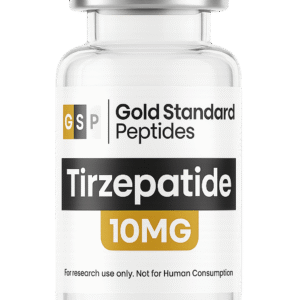 Tirzepetide
$124.97
Tirzepetide
$124.97
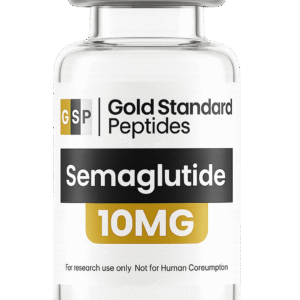 Semaglutide
$119.97
Semaglutide
$119.97
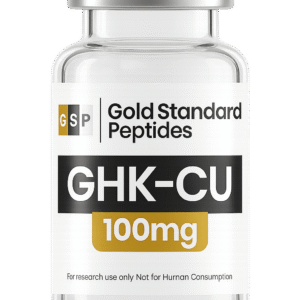 GHK-CU
$69.97
GHK-CU
$69.97
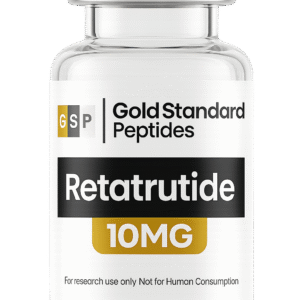 Retatrutide
$144.97
Retatrutide
$144.97
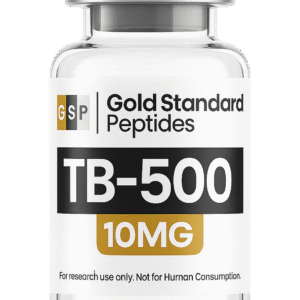 TB-500 (Thymosin Beta-4)
$79.97
TB-500 (Thymosin Beta-4)
$79.97
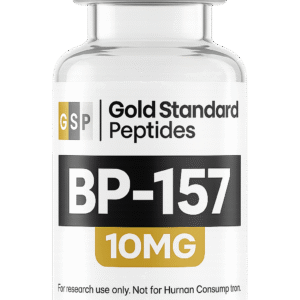 BPC-157
$49.97
BPC-157
$49.97
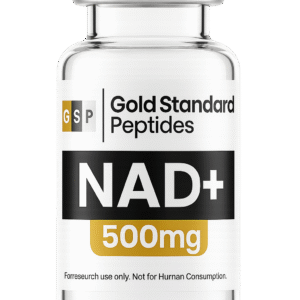 NAD+
$119.97
NAD+
$119.97
Subscribe to our newsletter to claim this offer. We do not spam or sell your info.
Gold Standard Peptides is committed to providing high-quality research chemicals to the American market.
Mon – Fri / Except Holidays
Orders placed and paid after 12 PM EST
are shipped the following business day
All products are sold for research, laboratory, or analytical purposes only, and are not for human consumption. The statements made within this website have not been evaluated by the US Food and Drug Administration. The statements and the products of this company are not intended to diagnose, treat, cure or prevent any disease.
Gold Standard Peptides is a chemical supplier. Gold Standard Peptides is not a compounding pharmacy or chemical compounding facility as defined under 503A of the Federal Food, Drug, and Cosmetic act. Gold Standard Peptides is not an outsourcing facility as defined under 503B of the Federal Food, Drug, and Cosmetic act.
© 2025 Gold Standard Peptides – All Rights Reserved

Want to get 15% OFF site-wide plus a FREE keychain? Subscribe to our newsletter to claim this offer!